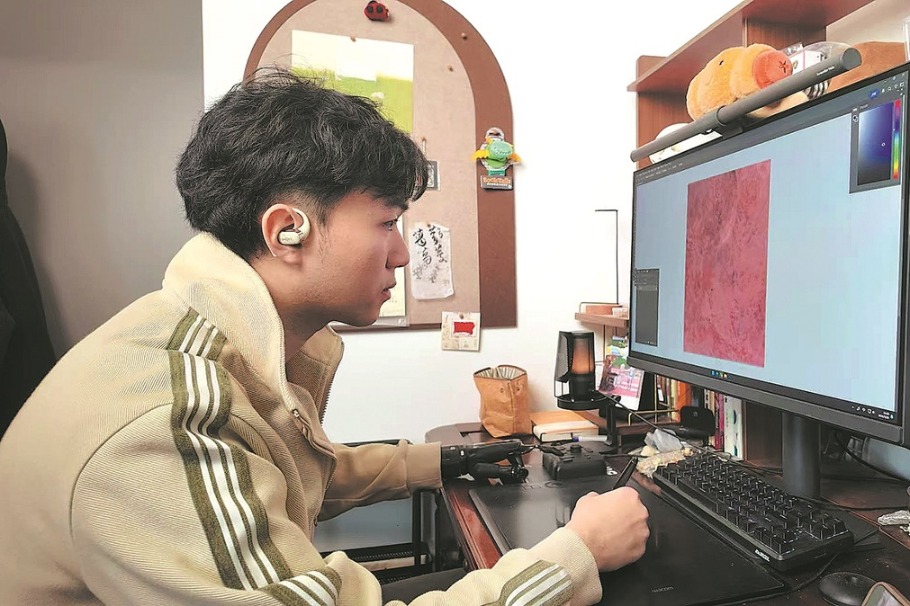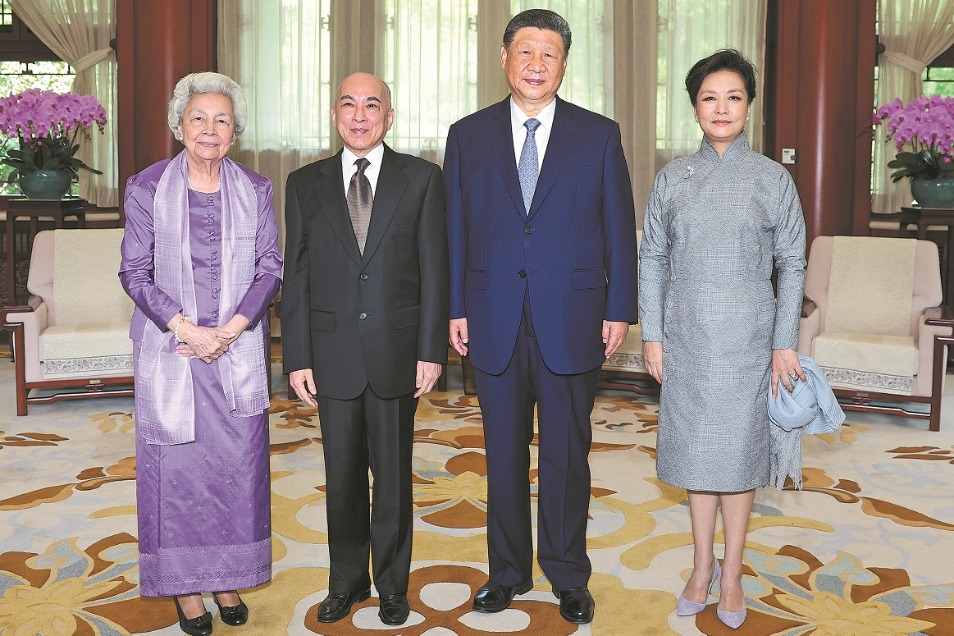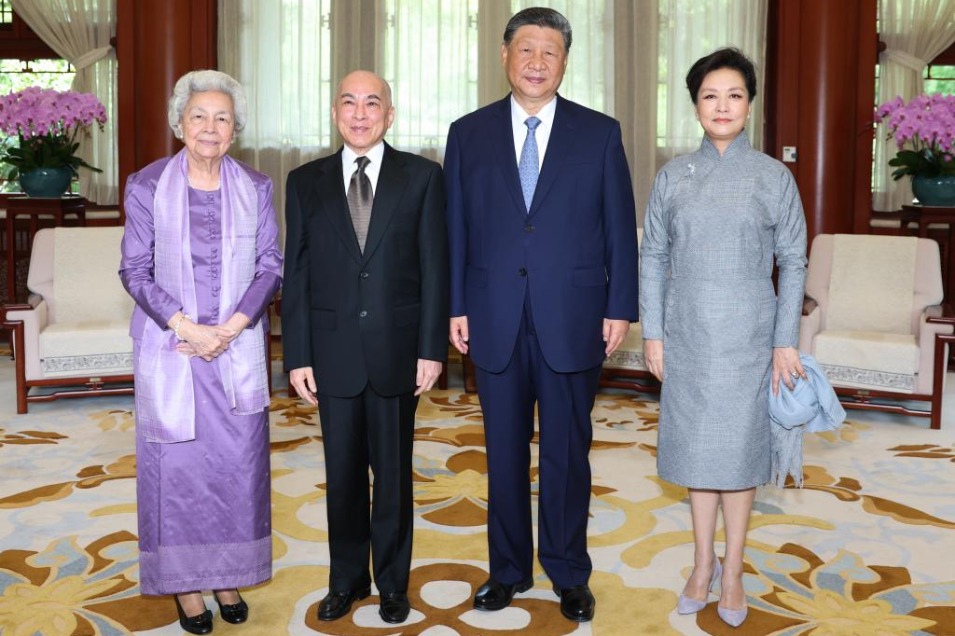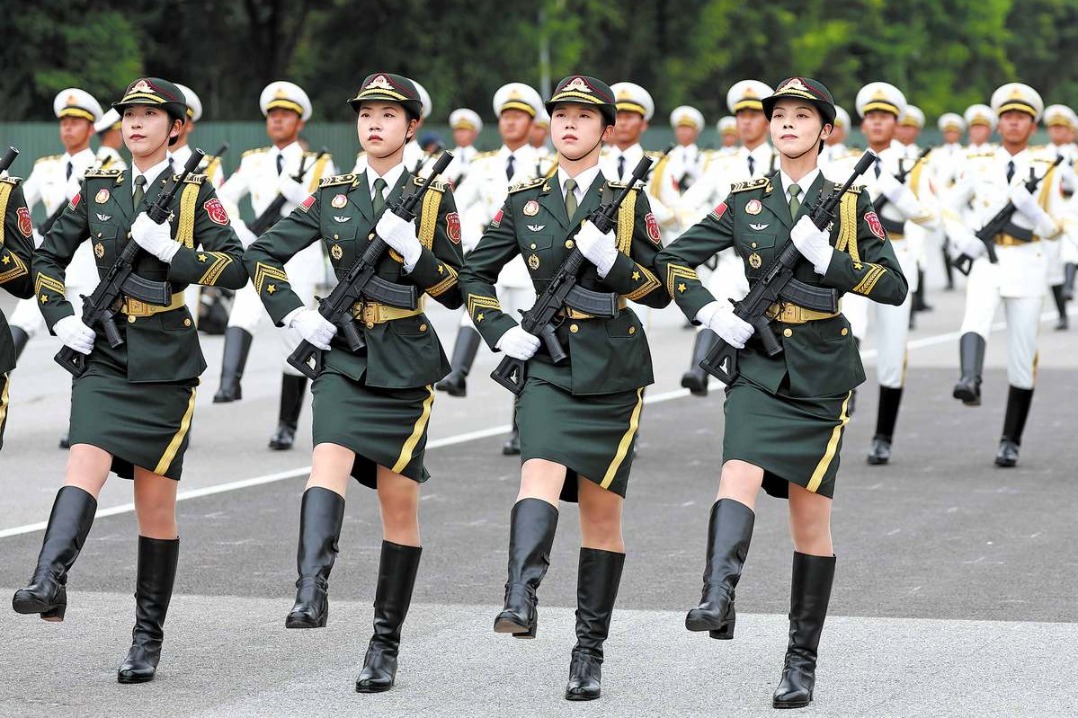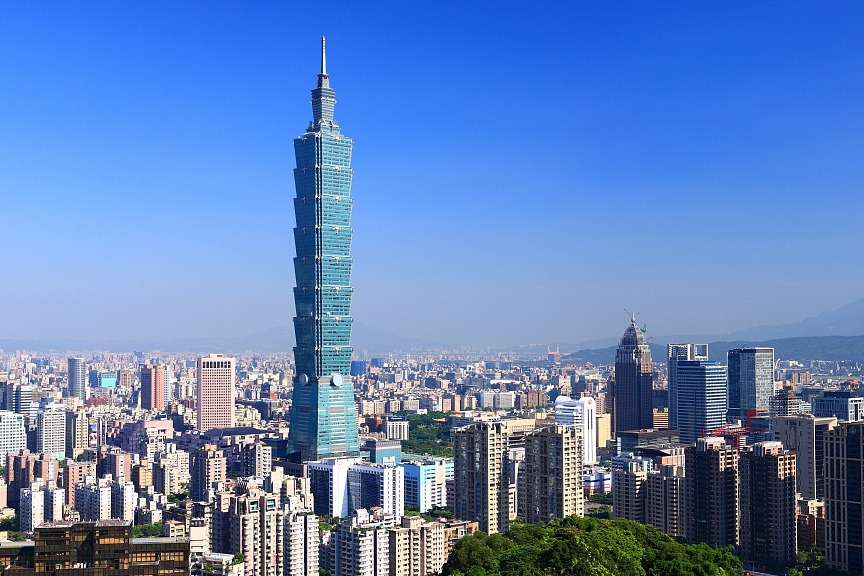Boosting global security through dialogue


In his keynote speech at the Boao Forum for Asia in Hainan province last month, President Xi Jinping said China would make efforts to improve global security governance while further opening up its economy to the outside world. Xi also said the international community should have a "common, comprehensive, cooperative and sustainable" perspective on global security, must deepen bilateral and multilateral collaboration, and promote coordinated and inclusive security mechanisms.
Xi's remarks indicate the direction of China's efforts to improve the global security governance system.
Two types of global security governance systems exist today. One is unilateral in nature, marked by Cold War mentality and zero-sum game, and resorts to military alliances and geopolitical competition, and believes in interfering in other countries' internal affairs to deal with traditional and non-traditional security threats. The United States is the top power promoting this kind of governance system.
In fact, the US has been trying to impose its "America First" policy on the global security governance system, by using force or threatening to use force to settle political and trade disputes. More often than not, the US uses hotspot issues to strengthen its military alliance with other countries, and "sabotage" or "alienate" the established security cooperation mechanism.
The other global security governance system supports the settlement of global security issues following the principles of "multilateralism, comprehensive security, dialogue, and common development"-and China has set a good example in this regard.
Also, China is committed to working with the international community to give shape to a global security governance system characterized by multilateral cooperation, with common development being its core principle.
Multilateral cooperation is a concept that, by its very definition, is opposed to hegemony (and thus unilateralism). It advocates sovereign equality and win-win cooperation, and thus has moral and political advantages over the unilateral approach.
As one of the five permanent members of the United Nations Security Council, China strongly supports the UN's role in global security governance, and attaches great importance to the UN's responsibilities in maintaining world peace and security.
China also values the role of regional and multilateral mechanisms in dealing with security threats. For example, China has long supported and encouraged the positive roles of the East Asia Summit, the ASEAN Regional Forum, the Shanghai Cooperation Organization, the BRICS mechanism, the European Union, the African Union, and other regional organizations and mechanisms in solving regional disputes and maintaining regional peace and security. After all, such mutually coordinated, inclusive and supplementary multilateral security mechanisms have helped resolve many global and regional security issues.
China believes that fast economic growth, along with poverty eradication, is one of the fundamental ways to solve security problems, and that only common development can help remove the soil that breeds terrorism.
Also, China insists that while promoting relevant countries' economic development, efforts are also needed to accelerate the development of their education, healthcare and other sectors, so as to boost their social welfare.
And by advancing the Belt and Road Initiative, China hopes to realize interconnectivity in trade, transportation, finance, and technology. It also wants to promote economic and social development with other countries, which, it believes, could help solve the economic and security problems of certain countries. This marks China's concrete step toward applying its "common development" philosophy.
Besides, China advocates a "common, win-win, co-building and sharing" economic development model, and believes the world needs multi-dimensional global security governance that contains political, economic, security and ecological aspects. It also believes that only through dialogue, partnership and good-neighborliness-as opposed to the beggar-thy-neighbor mentality-can a way be found to solve the current global security governance problems.
The author is a research fellow at the National Academy of Development and Strategy and an associate professor at the School of International Studies, Renmin University of China.


















